As the appeal of cycling increases, the diversity of its community also expands. Yet, female cyclists often get annoying and discouraging remarks. Here’s a rundown of the six common comments that many wish would disappear:
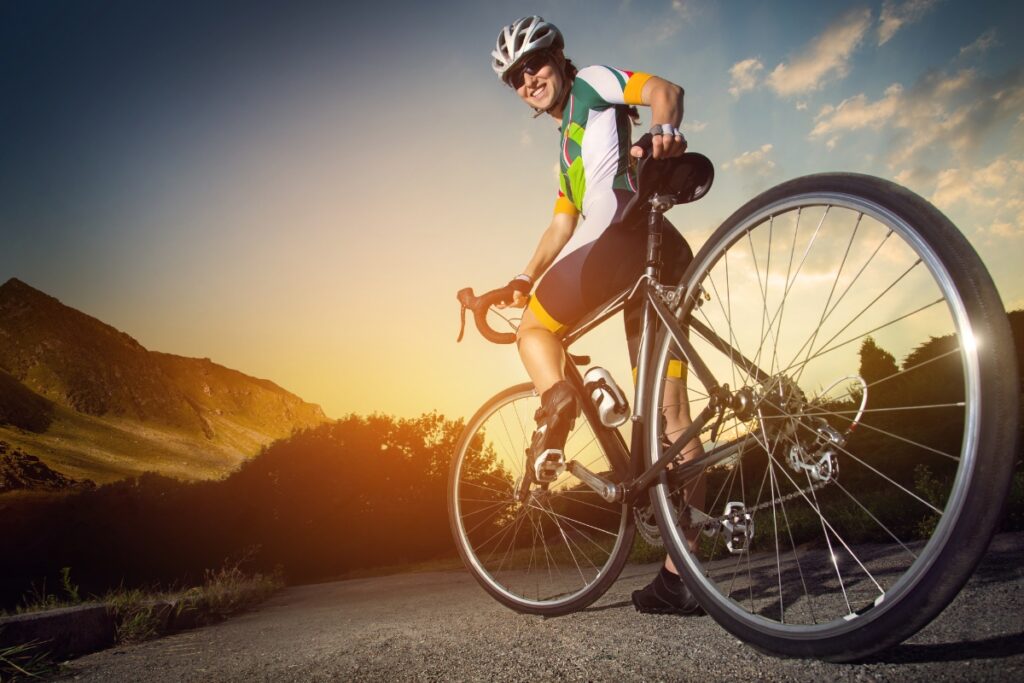
1. “Isn’t it dangerous for a girl to be cycling?”
Safety concerns apply to all cyclists. But, framing it as a gender issue implies that women are less capable on the road. Female cyclists wish that someone will address their concerns. They want this without a condescending tone. Instead, the focus should be on promoting safety for all.

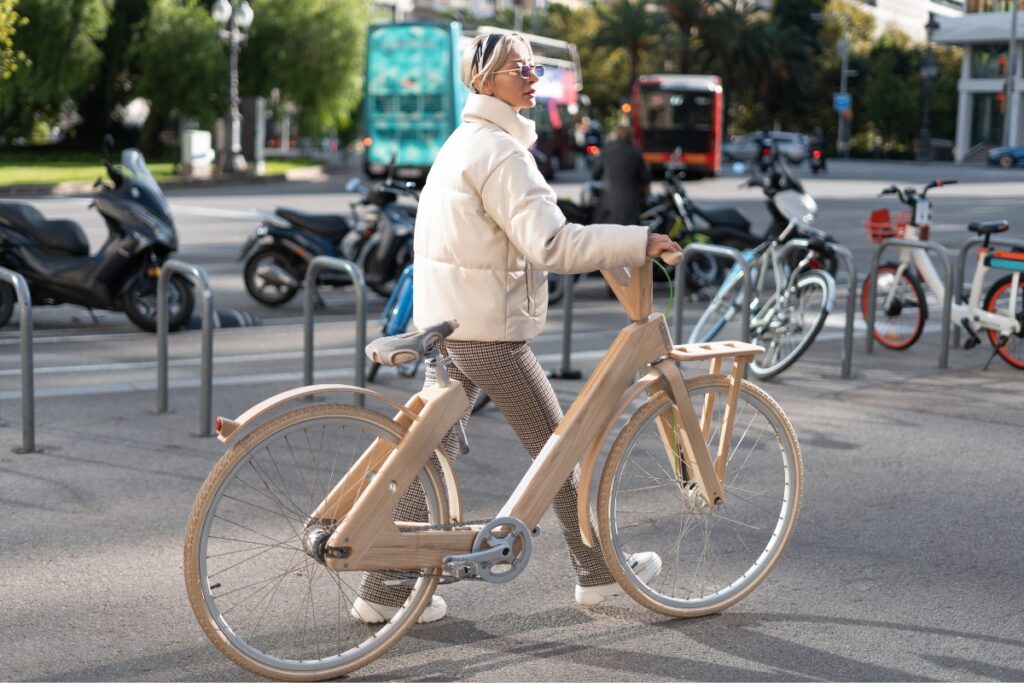
2.“Did your boyfriend get you into cycling?”
This assumption undermines a woman’s freedom. It also ignores her potential love for cycling. Women choose to cycle for the same reasons as men. These are health, enjoyment, competition, and transportation.
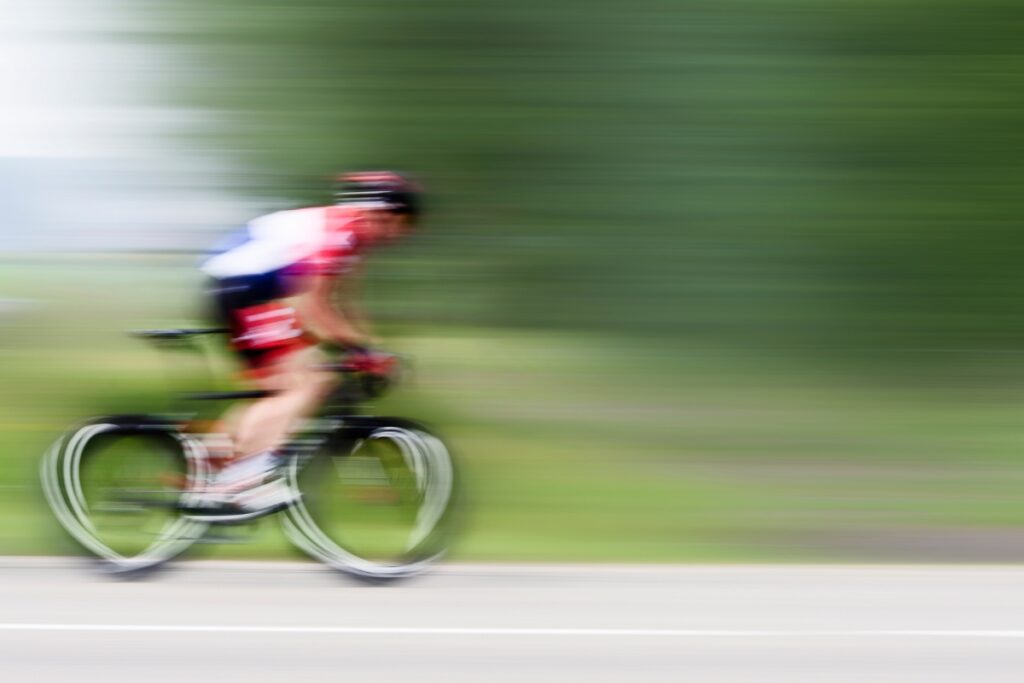
3. “Do you need help fixing your bike?”
Unsolicited help, especially when assuming incompetence, can be patronizing. The intent might be kind. But, it’s often based on the assumption that women are not good with machines. Female cyclists appreciate real offers of help. But, only when they state they need it.

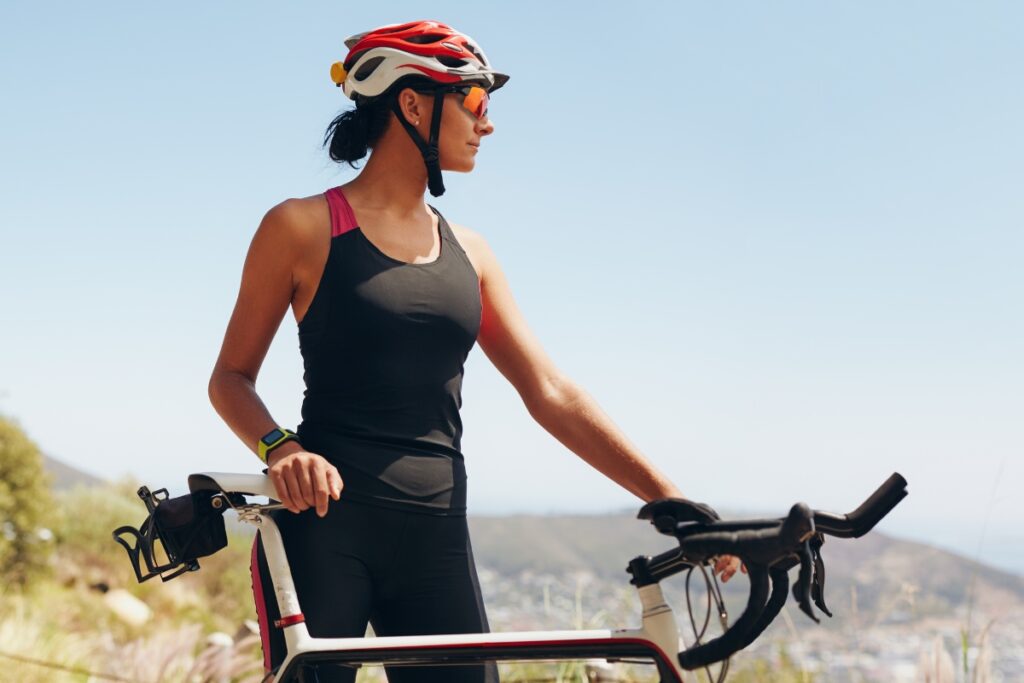
4.“You’re pretty good for a girl.”
Gender should not qualify skill in cycling—or any sport. This backhanded compliment undermines a woman’s abilities. It also perpetuates old stereotypes about gender roles in sports.
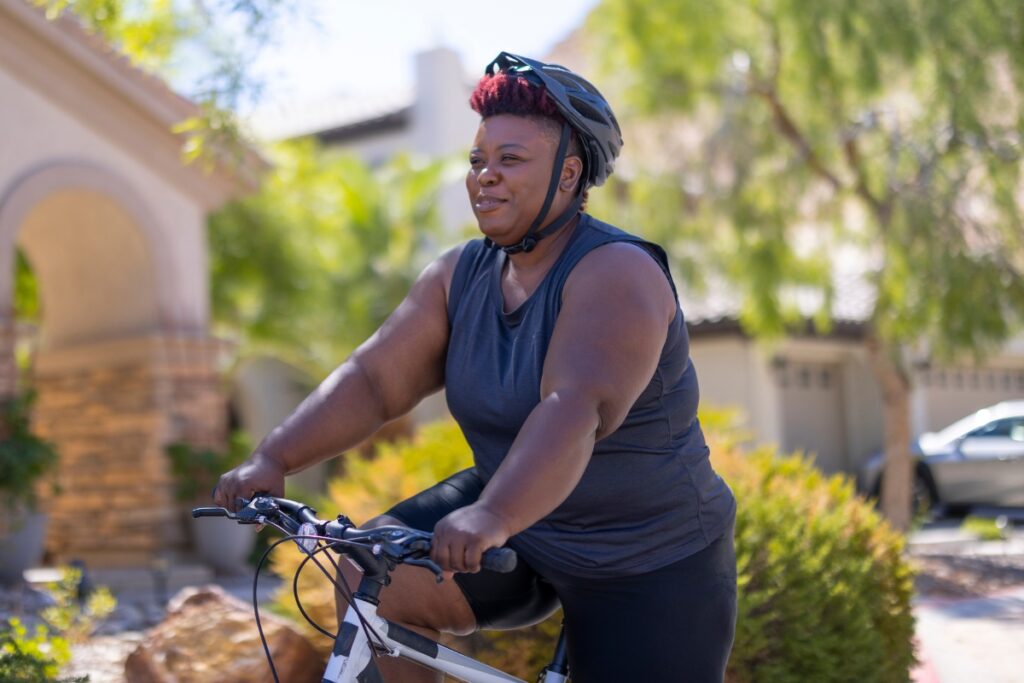
5.“Shouldn’t you wear something more suitable?”
Comments on a woman’s attire often carry an undertone of body policing. Female cyclists prefer others to judge them based on their skill and gear. They prefer this over others judging them based on their looks or how their clothing fits.

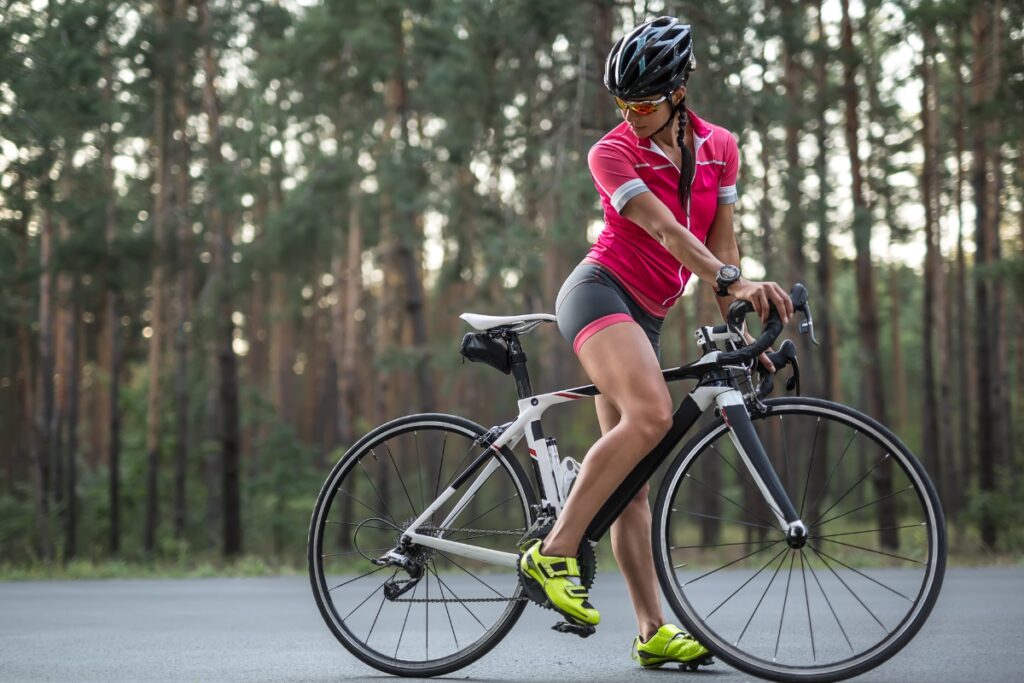
6.“It’s great to see women interested in this sport.”
While intended as encouragement, this remark can come off as condescending. It suggests that women’s participation in cycling is novel or unexpected. Female cyclists are part of the sport’s fabric and are here to stay.
Moving Forward
Raising awareness about these comments is a step toward change. It will change how people talk about women in cycling and sports. We can make an inclusive and respectful environment by changing how we talk about female athletes. Let’s focus on celebrating achievements and fostering passion. We’ll leave stereotypes far behind us on the trail.





















